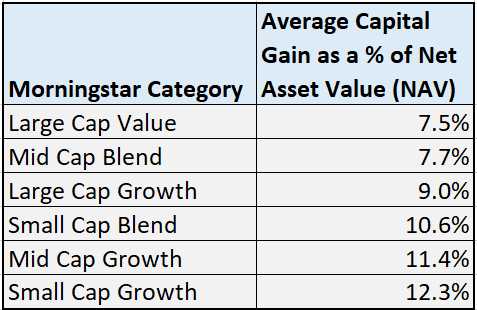Until very recently there was really no estate planning direction on how your social media and online accounts should be handled after you pass away. If you're like me, I have multiple social media accounts and have opted to go paperless on every account that I can. Though this is the most convenient option for us now it may pose a problem when you pass away and there are no instructions or information left for your loved ones. I recently listened to a webinar hosted by TLD Law that gave out some great information and tips on how these digital assets should be handled.
First, we'll talk about what digital assets really are. Digital assets are considered any electronic record that is stored in an online account, not the online account itself. For example: You have a Gmail account, the Gmail account and address are not considered a digital asset. The digital assets would be any emails, pictures or other files in the email account.
Here are some other examples of digital assets:
Airplane Miles, Social Media, Software Licenses, Websites, Cryptocurrencies and any other digital file stored with in an online account or your computer; think Shutterfly, iCloud etc.
One quick way to ensure that your digital assets are taken care of after you die is buy completing a Power of Attorney specifically for those digital assets. The Power of Attorney should have a digital assets provision in it.
If you have a trust in place you should check it to see if there is a provision for digital assets. If the trust document was drafted before 2017 it likely does not, and you will need to amend the trust accordingly.
In the trust and power of attorney documents you should give clear instructions on how you would like your digital assets taken care of when you pass away.
By law, anyone you give this responsibility to will have a fiduciary duty of care, loyalty and confidentiality to uphold. What that means is that they are not allowed to share any personal information that has not already been made public.
A lot of online sites have either legacy contact information or inactive user account manager options that you can set up in your account profiles. Whoever you designate will be contacted after a certain length of time, usually chosen by you, where your account has not been active.
It's important to note that by giving some power of attorney over your digital assets, the companies that hold that information are not legally required to give them access to the online accounts. It is very important to compile an ongoing list of all of your online accounts as well as passwords and keep it in a safe place that your trusted person knows about. Downloading this information onto a hard drive and keeping it in a safety deposit box or fireproof safe are a couple of options. If you simply just give someone this information without the proper legal documents their attempt to log into your account may be misconstrued as computer fraud and may be prosecuted. Especially in the case of elderly parents or grandparents, because there is a heightened awareness of elderly abuse.
There is a ton more information and tips online. I highly encourage you to do some research and get these provisions in place.

